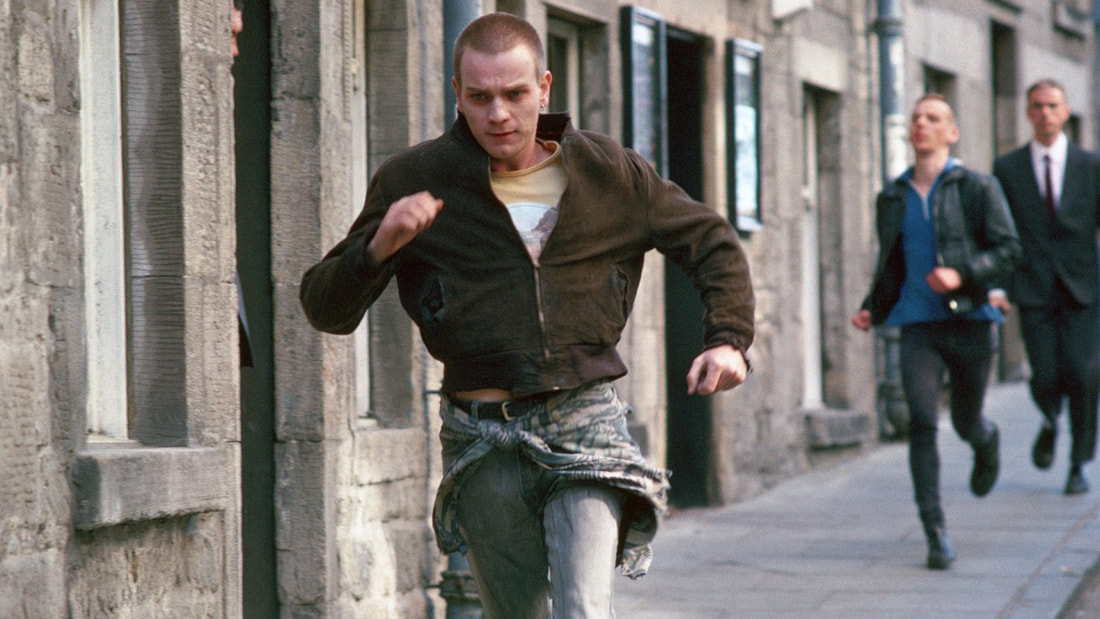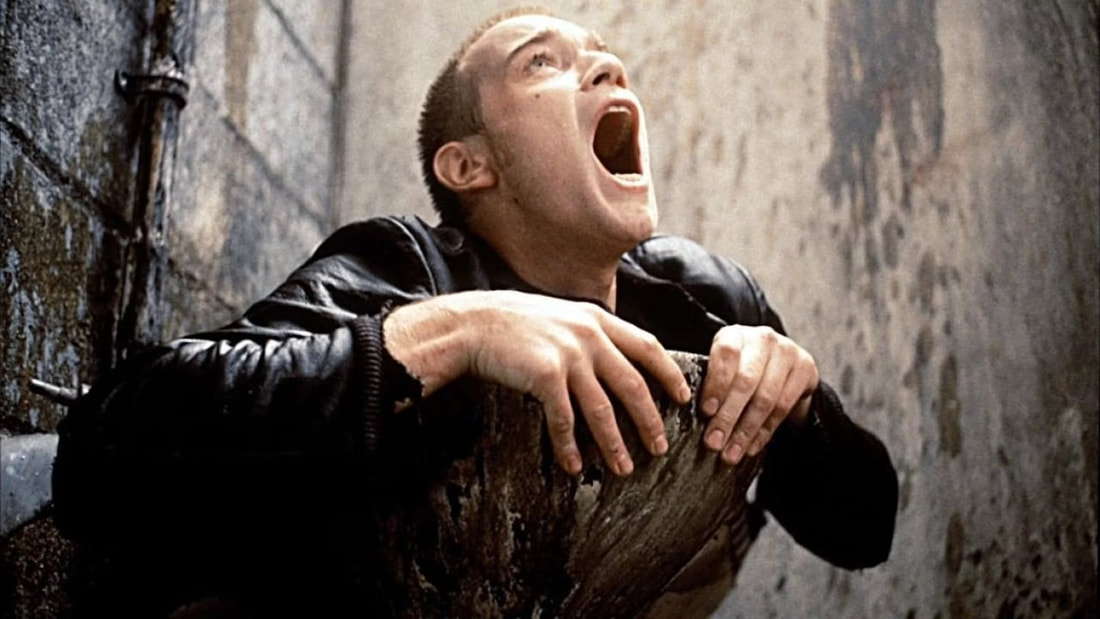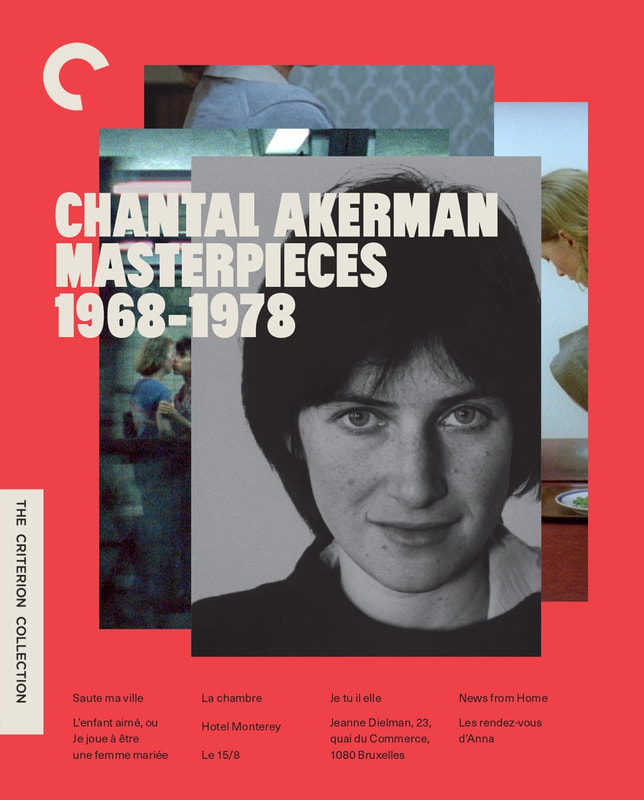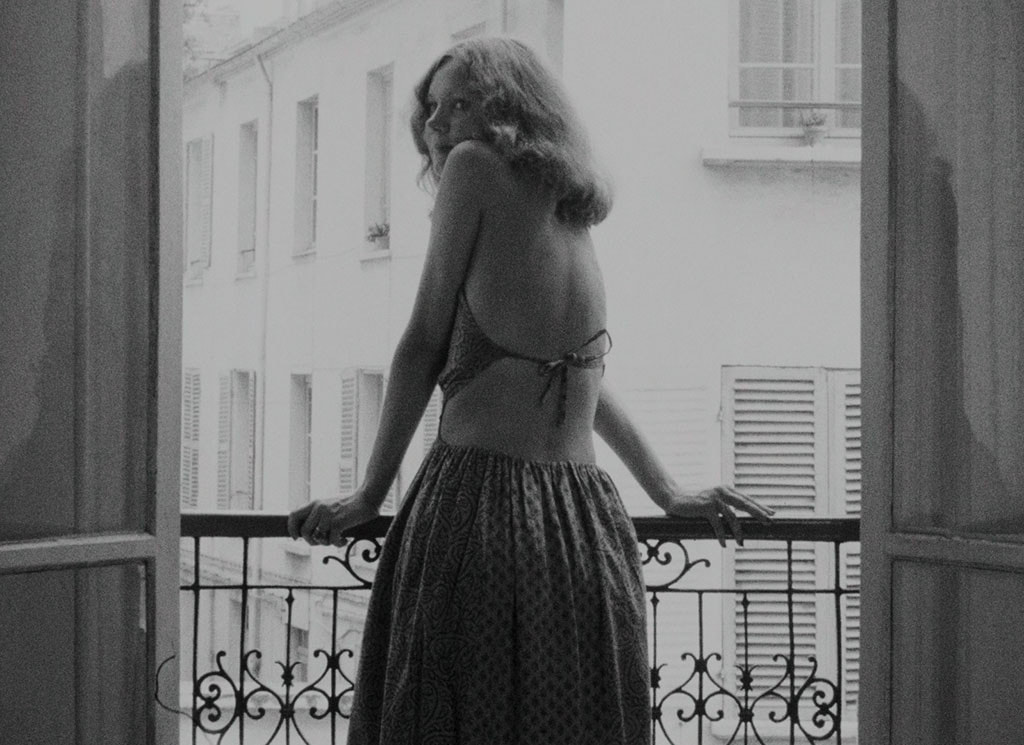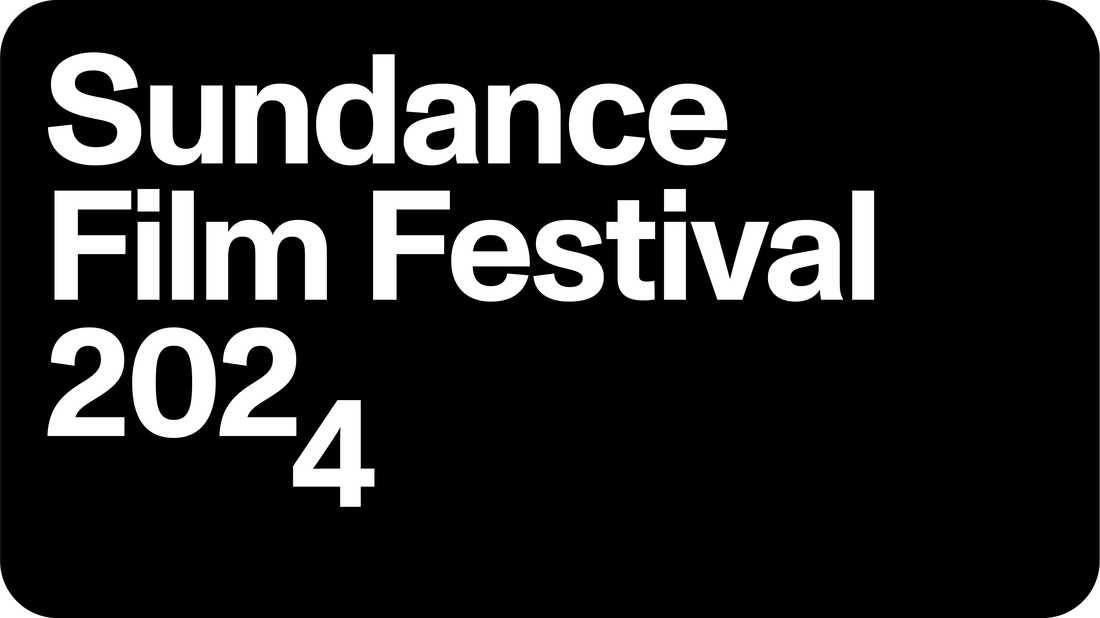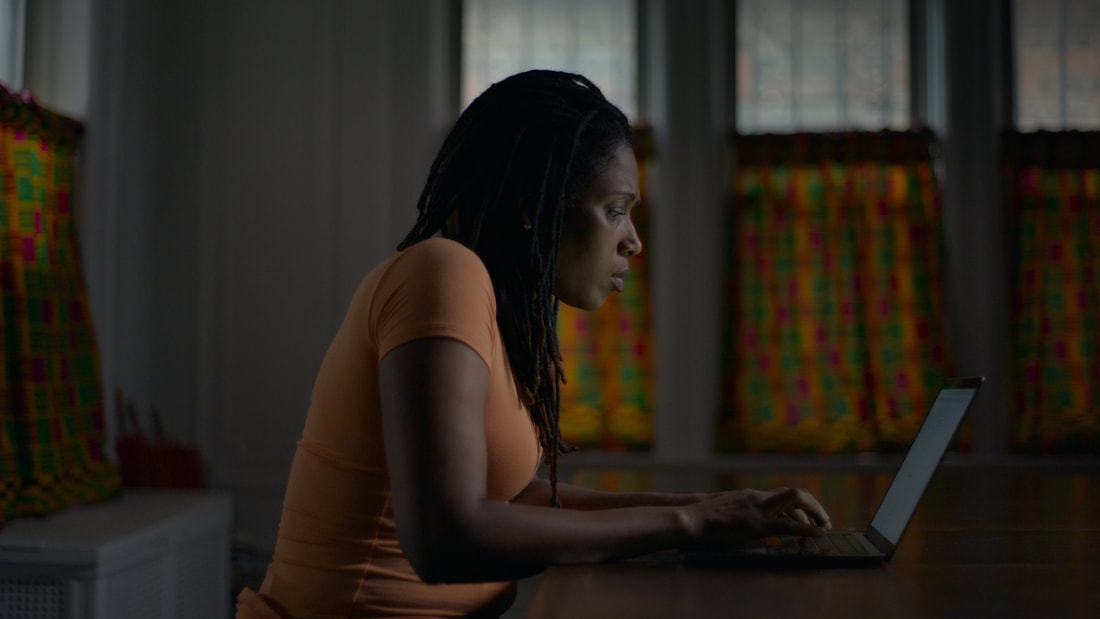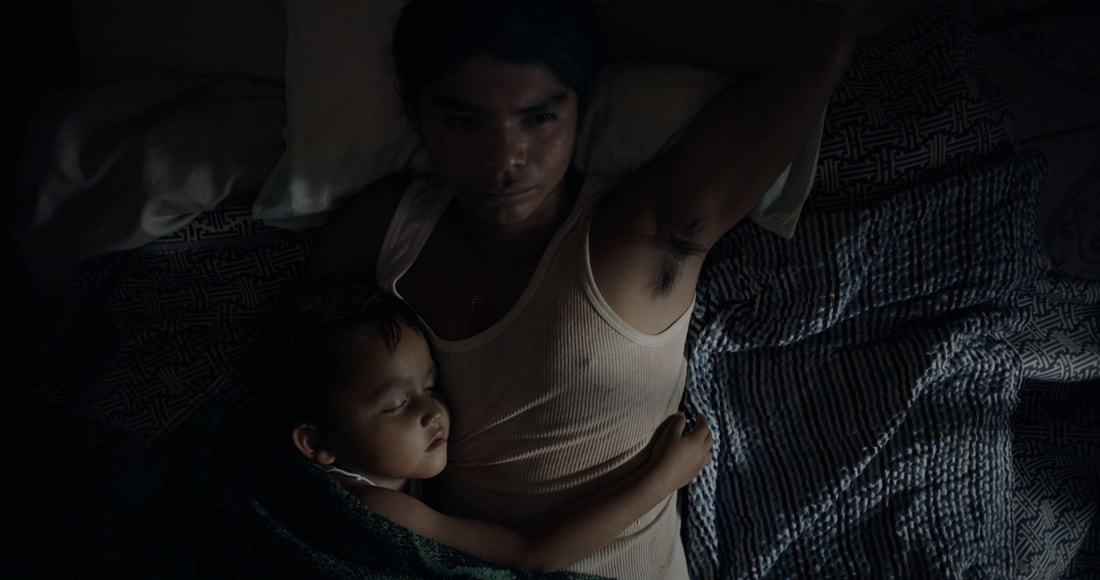|
By Sean Boelman
Although we tend to avoid some of the more mainstream movies as they get added to the Criterion Collection, there are a few that are absolutely irresistible. The latest in the line of Criterion Collection releases that are bringing beloved films to 4K for the first time, Danny Boyle’s Trainspotting, earns its spot with what might be one of the best restorations the specialty label has ever put out.
Trainspotting follows a Scottish heroin addict who, along with his equally junkie friends, goes through the trials and tribulations of living in Edinburgh and trying to get clean — only to fall back into the same cycle. It’s one of the most unique, expressive depictions of addiction you will see, thanks to the vision of Irvine Welsh’s novel, John Hodge’s screenplay, and Boyle’s direction. The themes of the movie still ring true today despite the film having been shot nearly 30 years ago. We might be through the particular moment the film depicts — the rampant drug use and the HIV/AIDS crisis — the messages of fighting to “choose life” and strive for redemption even at your darkest moments are still thoroughly moving. Trainspotting will go down in history as one of the best-edited movies of all time. The amount of energy that Boyle was able to infuse into the film through both the imagery and the soundtrack (which contains everyone from Iggy Pop to Jarvis Cocker and everyone and in-between) is absolutely incredible.
However, the thing that remains most impressive about Trainspotting to this day is how well it pulls off its tonal balancing act. It’s a very funny movie, but it also has several moments that are truly unsettling and others that are genuinely moving. Many films have tried to do a similar style, but few — particularly ones about this subject matter — have succeeded.
What might be surprising is that this Criterion Collection edition of Trainspotting is the first time that the movie will be available on 4K. The restoration is gorgeous (and, of note, was supervised by Boyle from the uncut version of the film), making the movie look even crisper, surreal, and utterly terrifying. As is the case with many of Criterion’s releases of films from the ‘90s, there’s a wealth of bonus features to be found here — mostly because there’s plenty to pull from thanks to various editions put out by the studios over the years. The only new interview on the disc is with the production designer and costume designer, but there’s plenty on the disc to justify fans of the movie upgrading or adding the new 4K to their shelves. Trainspotting is a brilliant film that holds up extremely well, and the 4K restoration being released by Criterion will ensure that the movie continues to age like fine wine — and as a bonus, it has one of the best subtitles you will ever see. Any cinephile would be remiss not to pick up this wonderful release. The Criterion Collection edition of Trainspotting is now available.
0 Comments
By Sean Boelman Chantal Akerman is considered by many to be among the most influential filmmakers of all time, with an indelible mark on the avant-garde filmmaking movement and feminist cinema at large. With many of the most iconic filmmakers of all time recently getting box sets via Criterion, it’s Akerman’s addition to this canon in Chantal Akerman Masterpieces, 1968-1978 feels long overdue. Akerman is known for her incredibly observational style and feminist themes, and both of those hallmarks are evident in this early period of the filmmaker’s work. While the point of watching many filmmakers’ early work is to see how their style develops, Akerman proves an interesting case, as she hits the ground running confidently out of the gate. The biggest reason to pick up this collection is the ability to own some of Akerman’s more rarely-seen work, including her early mid-length film Le 15/8 and the short L’Enfant Aimé, Ou Je Joute À Être Une Femme Mariée. For these movies, this is not just cinephile’s first opportunity to own them on physical media, but also likely their first opportunity to see them at all. Le 15/8 stands out in particular as worth the time of cinephiles wanting to explore Akerman’s filmography in more depth. In many ways, this portrait of a Finnish expat opening up about her anxieties to Akerman’s camera feels like a spiritual predecessor to Akerman’s signature work, the beloved experimental feature Jeanne Dielman, 23 quai du Commerce, 1080 Bruxelles (which is also in this set.) In fact, Jeanne Dielman is the only film in this set that was previously available through the Criterion Collection, which is awfully surprising considering how much of a following Akerman has within the cinephile community. Even some of the more well-known movies in the box, including Je Tu Il Elle and News From Home, are new additions to the fray.
The other films included in the set are short films Saute Ma Ville and La Chambre, and the features Hotel Monterrey and News From Home. Part of what makes Akerman’s filmography so interesting is that she pivoted so freely between narrative and documentary filmmaking, and this box set reflects that variety. As for bonus features, the box set contains an absolute wealth of riches. The crown jewels are the various early works we get to see of Akerman’s, including some film school tests and an unfinished movie of hers from 1973. There’s also a new visual essay, as well as a variety of other audiovisual content to enjoy. Although many of the films in the Chantal Akerman Masterpieces, 1969-1978 box set have already been available on the Criterion Channel for streaming, this is the first time that nearly all of them have been available for cinephiles on physical media through the collection. That alone makes it worth a purchase for any cinephile. Chantal Akerman Masterpieces, 1968-1978 is now available via the Criterion Collection.
By Sean Boelman
The Sundance Film Festival is always a great way to kick off the year for cinephiles, showcasing some of the most exciting independent films that we will see all year. From documentaries to international narrative films, there’s something for everyone to enjoy in the festival’s massive lineup.
Although this year’s edition has fewer selections available online than in years past, audiences across the United States still have the opportunity to watch any of the films in the competition sections, along with a few other select titles, from the comfort of their own homes. Here are a few titles that we at disappointment media think you should check out: Eternal You
Playing in the World Cinema Documentary Competition, Eternal You explores Project December — a generative AI program that allows people to connect with their loved ones who have passed on through chatbot technology that mimic’s the deceased’s thought patterns. Expectedly, it’s an incredibly timely watch, exploring the complexities and nuances of the paradigm shift in ways that few films about AI have been able to achieve to this point. However, what is surprising is how much of a focus directors Hans Block and Moritz Riesewieck are able to maintain on the core humanity of this story.
Never Look Away
Also in the World Cinema Documentary Competition, Never Look Away is probably on most cinephiles’ radar because it is the directorial debut of New Zealander actress Lucy Lawless (Xena: Warrior Princess). While it may seem like a unique choice for the fantasy star to have directed a documentary about war journalist Margaret Moth, Lawless’s understanding of this powerful woman who became her subject is uncanny. Never Look Away is the type of film that’s deceptively simple — it seems like a straightforward bio-doc, but when one begins to understand the different levels Lawless is working on, it’s quite effective.
Sujo
Playing in the World Cinema Dramatic Compeition is the Mexican drama Sujo, the latest feature from directors Fernanda Valadez and Astrid Rondero — the team behind the critically acclaimed Identifying Features. While Identifying Features offered an uncommonly unfussy take on the immigration crisis, Sujo approaches the epidemic of cartel violence with the same lens. Driven by great cinematography and powerful performances, this film takes tropes viewers might be familiar with and subverts them in a distinctively poignant way.
Thelma
Those festival-goers looking for something a little more mainstream will enjoy the Premieres entry Thelma, which is essentially a neo-noir caper with a senior citizen as its protagonist. June Squibb stars as a nonagenerian who sets out on an investigation to thwart the scammer who stole her money pretending to be her grandson. Squibb’s loony but consistently enjoyable turn is backed by a star-studded supporting cast which includes Fred Hechinger, Parker Posey, Clark Gregg, Fred Hechinger, Malcolm McDowell, and the late Richard Roundtree, all of whom are clearly having the time of their lives in this comedic flick.
The 2024 Sundance Film Festival runs January 18-28 in-person in Park City, UT and online from January 25-28.
|
The Snake HoleRetrospectives, opinion pieces, awards commentary, personal essays, and any other type of article that isn't a traditional review or interview. Archives
June 2024
Categories
All
|
|
|
disappointment media
Dedicated to unique and diverse perspectives on cinema! |

